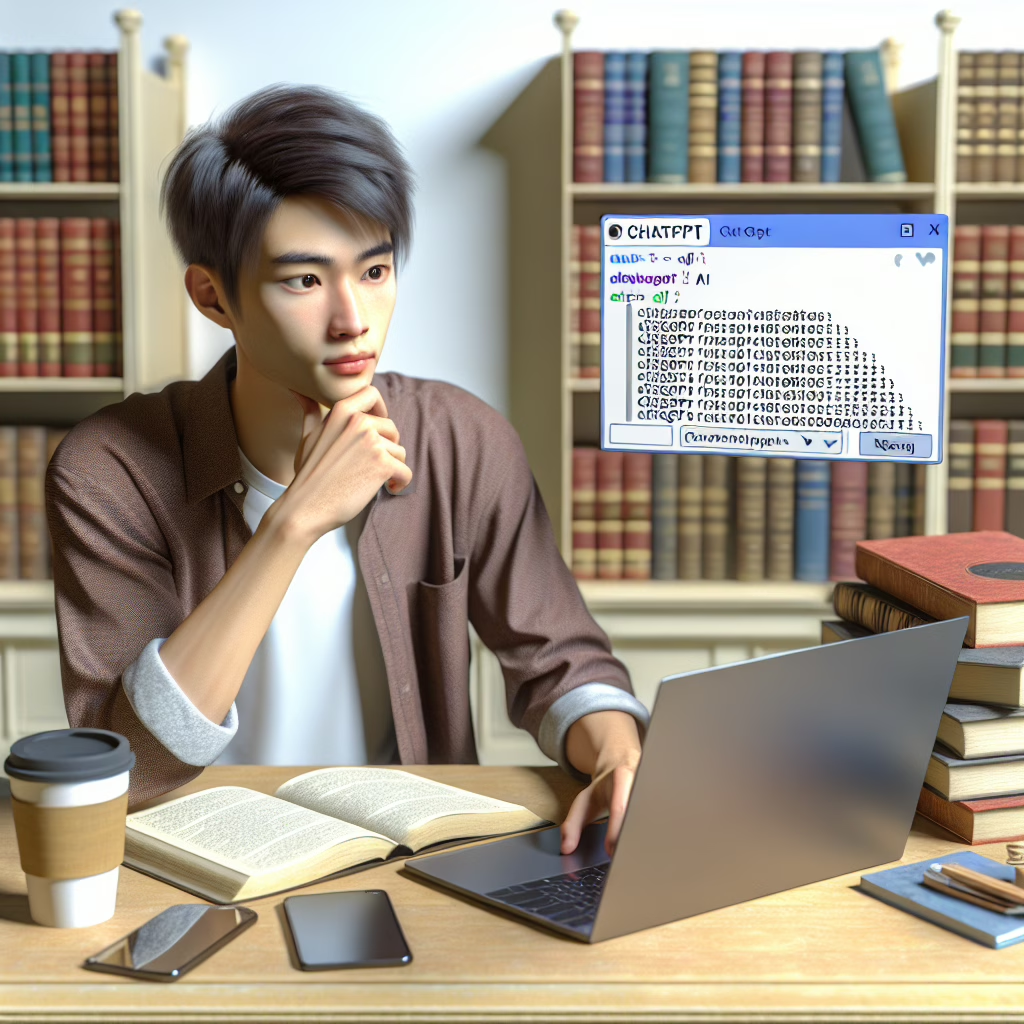In today’s tech-savvy world, ChatGPT and AI are more than just buzzwords; they’re becoming trusted advisors, especially among college students. According to Sam Altman, the CEO of OpenAI, the way people interact with ChatGPT largely depends on their age. While older generations may treat it like a quirky encyclopedia, younger folks see it as a wise friend—albeit one that doesn’t judge their late-night snack choices. As a result, ChatGPT is reshaping the dynamics of student support and learning.
The Generational Divide in ChatGPT Usage
Let’s face it: different generations approach technology in ways as varied as their taste in music. For many college students, ChatGPT isn’t just a tool; it’s like having a personal assistant who doesn’t complain when asked for help at 2 AM. Whether it’s drafting an essay, finding the best study strategies, or figuring out what to wear for a big date, students are turning to this AI for guidance. This approach makes them feel supported during critical moments in their academic journey.
Older adults, on the other hand, often view AI with a mix of curiosity and skepticism. They might use ChatGPT to look up facts or perhaps get recommendations for dinner—but don’t expect them to ask it about the latest TikTok trends anytime soon! The gap in perceptions underscores the importance of understanding how technology adoption varies across age groups.
Why College Students Trust ChatGPT
So why are college students relying on ChatGPT to make significant life decisions? One reason could be the overwhelming amount of information available today. With endless articles and opinions swirling around online, students find solace in asking an AI that can sift through the noise and provide concise answers quickly.
Additionally, let’s be honest: who wouldn’t want advice from something that can instantly regurgitate facts without the emotional baggage? A student struggling with a tough question can get straightforward answers without worrying about judgment. Whether it’s choosing classes or contemplating existential questions like ‘What should I major in?’, ChatGPT has quickly become the go-to source for students seeking clarity and guidance.
AI: The Modern-Day Oracle?
Some might argue that relying on AI for decision-making is akin to consulting an oracle—except this oracle doesn’t require sacrifices or riddles! Instead, it offers easy access to information and even some humor. Imagine asking it for advice on your next big project and receiving a response that includes not just tips but also a well-timed dad joke. Who knew decision-making could be so entertaining?
The beauty of ChatGPT lies in its versatility. Students use it for everything from brainstorming ideas to creating study schedules. It’s like having a Swiss Army knife for academia—compact yet surprisingly effective! With the right prompts, they can unleash a flow of creative ideas or pinpoint the right answers they need without endless scrolling through search results.
The Future of AI Interaction
The interaction between humans and AI is evolving rapidly. As we continue to embrace these technologies, it will be fascinating to see how different generations adapt their usage. Will older adults start asking ChatGPT about their favorite TV shows? Only time will tell! The expectation is that engagement with AI tools will redefine approaches to education and personal interactions.
If you’re curious about what this means for the future of education and technology, you’re not alone! Engaging with AI tools like ChatGPT could fundamentally reshape learning experiences and the processes we use for making decisions, influencing everything from pedagogical methods to individual learning outcomes.
A Balancing Act: Technology and Human Insight
While relying on ChatGPT has its perks, it’s essential to remember that no AI can replace human insight entirely. After all, who else would be there to tell you when your idea is just plain bizarre? The key is striking a balance between leveraging AI‘s capabilities and trusting our instincts.
As we move into 2025 and beyond, educators may need to find ways to integrate AI into the curriculum responsibly while ensuring students develop critical thinking skills. After all, while it’s great to have an AI buddy, it’s even better when you can discern when it’s right or wrong! Finding this equilibrium will be crucial for fostering a generation of thinkers who can navigate both technological and human perspectives.
Your Thoughts?
How do you see yourself using ChatGPT? Are you on team ‘AI all the way’, or do you prefer sticking with traditional methods? We’d love to hear your thoughts! Share your experiences in the comments below. The conversation around AI and education is just beginning, and every perspective counts.
A huge thank you to TechRadar for inspiring this discussion on how different generations utilize ChatGPT. Your insights truly spark meaningful conversations!

